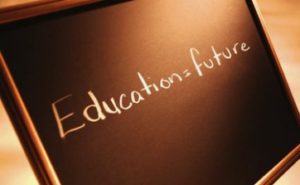
Online Courses: A Different Option for the Modern Student
In the job world of the 21st century, a degree can seem like a prerequisite to starting a career. The degrees are requiring more and more schooling, and the competition drives students to search out bachelors, masters, and doctorate degrees. But many students don’t have the time, the resources, or…..



